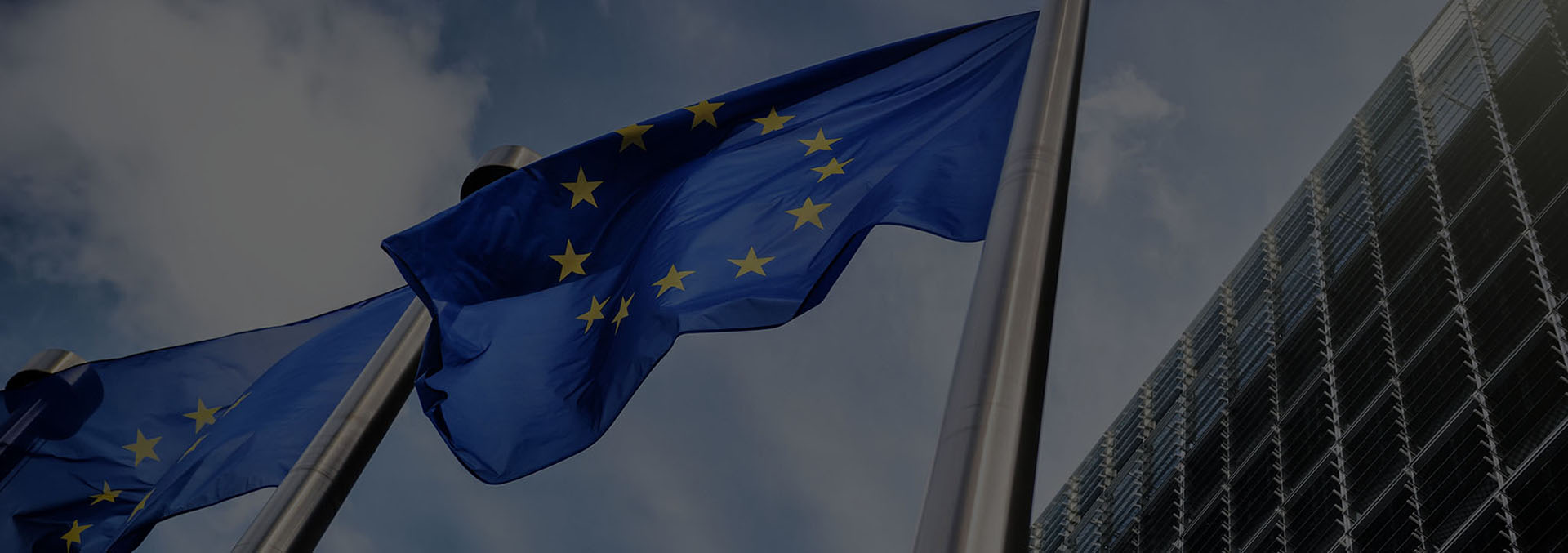The competition between CMOs and CIOs is a hot topic. Is this rivalry advisable when the importance of both CMO and CIO increases at the same rate? How to achieve synergy in the cooperation of these two departments?
The majority of organizations consist of various groups of employees, starting with people dealing with reception duties, finance, administration, quality management systems, production, and ending with customer service or accounting. Each department has directors who primarily focus on the proper performance of duties by the mentees, as well as sustainable development. This results in the fact that the managers compete with each other in terms of achieved results, despite dealing with different areas in the organization. Increasingly, the competition between CMOs and CIOs is a hot topic. Is this rivalry advisable when the importance of both CMO and CIO increases at the same rate? How to achieve synergy in the cooperation of these two departments?
Cooperation between CMOs and CIOs- worst enemies or best friends?
We live in a time where ubiquitous information becomes precious. Thanks to data and effective data collection, it is possible to rapidly develop companies and design innovative marketing strategies. There are many ways to obtain information through the automation of marketing activities, the use of social media or analytical programs. According to IDC research, by 2020 50% of organizations will use computers and IT platforms (based on artificial intelligence and data processing) to automate marketing and sales interactions with clients. There is also a growing tendency in marketing departments to gain independence from IT departments. More and more often people talk about an ideal candidate for the marketing department who would have knowledge about the latest technologies and their effective use. Is it really the only way out? It is safe to say that it is not because the most efficient organizations are trying to bring CMOs and CIOs together to achieve common goals. This cooperation is not always associated with consistent and uninterrupted operation, but nevertheless, thanks to such a combination of forces you can save time and money by making another employee redundant and securing success.
The CMO and CIO - how to effectively build a relationship?
Sometimes the most difficult solutions seem to be the simplest ones. So how to effectively build an environment for the cooperation between the CMO and CIO ? It may be helpful to apply the following rules:
- The sense of danger is the result of malicious control Departments that exist in organizations have different needs. And to be able to meet them, they must fight for a certain budget. There is a tendency for the CMO (and thus the marketing department) to spend more money on IT activities and technological solutions. This means that CIOs are rightly starting to be concerned about the budget issue for their plans (more here). In this situation, it is worth giving it a sober look and stop feeling threatened. The best results will be achieved only thanks to the cooperation of the CMO and CIO during the joint strategy and budget creation (taking into account the needs of both departments).
- You are oriented towards the same goal The era of digitalization has led to the fact that marketing is no longer seen solely as part of the humanities. Representatives of marketing departments agreed that information is very important. For this reason, it constitutes a decisive factor in the structure of campaigns in the consumer space. Thus, marketers focus on gathering as much customer data as possible, and then make their in-depth analysis in terms of usability. The IT department does the same thing, but their main purpose is to use the information in the best possible way for business. The fundamental reason for collecting data is the same - increasing effectiveness, generating satisfaction among people from both internal and external structures of an organisation, and achieving success. Realizing that the mission is identical results in easier cooperation. In short, the ability to define a plan that will serve both departments to the same extent, and then create a framework for its implementation allows for more effective work
- Join forces to discover customers' needs Until very recently, the marketing department was responsible for determining the segment of brand clients. However, such actions were most often based on assumptions and speculations; greater emphasis was placed on identifying the mass customer, not the individual one. Marketing of the 21st century is based on sending personalized messages to a single customer, they are fully adapted to the observed shopping behavior, habits or preferences. Thanks to this solution, it is possible to respond to needs in an adequate manner, meeting expectations. Information about what a brand user or business partner wants can be obtained using analytical platforms, machine learning, predictive analysis or data mining. By organizing huge databases (Big Data), detecting links between them and creating "new" knowledge, you can gain a competitive advantage and send interesting messages to selected customers. At the same time, it is important to remember to maintain a high level of security. The cybersecurity requirements in marketing are constantly growing. And here it is advisable to get support from the IT department or security department. Its members can prevent your data from being violated and introduce security mechanisms. Through cooperation in the processing of information by the marketing and IT departments , you can effectively influence the increase in the level of consumer confidence and fight off potential cyberattacks.
- Verify the effects of your actions Each department is checked in terms of time and quality of work. Persons who are in managerial positions (especially CIOs) are controlled in terms of costs incurred, initiatives undertaken or proposed ways to eliminate waste. Marketing has always been treated in an “in a specific way”. Not so long ago, marketers presented the attitude that "costs do not play a role" (or they do, but they are not that significant when there is a chance to become recognizable on the market and gain interest from potential customers). But these times are gone forever. CMOs must now present a strategy together with an estimate of the workload and budget of the project. In addition, all planned expenditure is to be supported by evidence indicating its positive impact on the organization, and therefore the need to implement it. Marketing departments may feel slightly lost in the subject of estimation, especially when it comes to campaigns using marketing technologies, so they will need CIO’s support. IT teams, thanks to their experience in analyzing information and drawing conclusions, can help the CMO present the delivered business value and the effectiveness of the marketing department (e.g. through statements, reports).
- Do not spite each other It is well known that the very cooperation of two different worlds inherently triggers conflicts because of different views or intentions. However, one department can work to build another's reputation, and vice versa. Developing a positive brand image, both inside and outside the organization, is a long-lasting process. The marketing department knows how to achieve it and how to do it quickly. On the other hand, the IT department can turn an idea into something real and safe, risk-free and supported by data. If, for example, security campaigns are compromised and a crisis occurs (e.g. when user data is leaked), there is a very good way out of this situation. Only through cooperation, can you quickly convey a message well thought-out by the marketing department to the media, and quickly fix the vulnerabilities detected by the IT department.
Future challenges and threats
Marketing and IT departments must constantly motivate their workers to work more efficiently with less money, cease to deny disturbing changes and get rid of the tendency to pass the buck. Fighting these difficulties is a challenge that is much easier to cope with when the two sides start cooperating.
It is evident that united forces of CMOs and CIOs can only bring benefits. It certainly is not an easy task; different methods of solving problems, different views on the same phenomena, no compromises -- these are just some of the many obstacles which the both sides have to overcome.
At present, there is insufficient awareness of cybersecurity threats. Neglect and lack of elaborate behavior patterns in the cybersecurity area can expose the company to significant losses. Only the CMO and CIO's comprehensive approach to cybersecurity, active management, building an organizational culture based on knowledge, as well as promoting data integrity and confidentiality will allow organizations to address the threats they face and effectively prepare themselves for new challenges.








Let's stay in contact